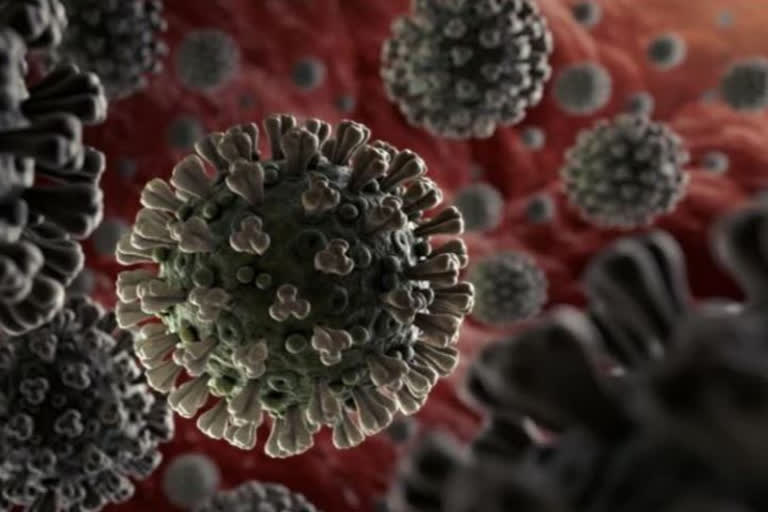Johannesburg (South Africa): South African scientists have detected a new Covid-19 variant that may evade the immune response. The detection is a cause of concern because of its high number of mutations and rapid spread among young people in Gauteng, the country's most populous province, Minister of Health Joe Phaahla said on Thursday.
Briefing the press, Phaahla further added that South Africa has seen a dramatic rise in new cases over the past time, in the past week the daily new cases rapidly increased to more than 1,200 on Wednesday.
Phaahla said that initially, they believed that cases were growing due to gatherings at universities, scientists then notified authorities that "they were observing what looked like a new variant."
"Initially it looked like, you know, it was just some cluster outbreaks, maybe gatherings and so on and some of these were attributed also to some university campuses like TUT (Tshwane University of Technology) area, in the Tshwane Metro. But from yesterday, indication came from our scientist colleagues from the network for genomic surveillance so that indeed they were observing what looked like a new variant."
Identified as B.1.1.529, the new variant, has also been found in Botswana and Hong Kong in travellers from South Africa, he said.
"Especially when, like the Delta starting in Gauteng, you can be rest assured as people start to move even more over the next few weeks this will be all over," he warned.
Tulio de Oliveira, from the Network for Genomic Surveillance in South Africa, who has tracked the spread of the delta variant in the country said that the new variant has a “constellation” of new mutations."
He also said that The "very high number of mutations is a concern for predicted immune evasion and transmissibility. Oliveira is also the director of the South African Centre for Epidemic Response and Innovation.
He added that such variants still need to be "amplified by superspreading events" in order to take hold and that this is what they are currently focusing on rather than the origin.
South African officials had warned that a new resurgence was expected from mid-December to early January and had hoped to prepare for that by getting many more people vaccinated.
The WHO's technical working group is to meet Friday to assess the new variant and may decide whether or not to give it a name from the Greek alphabet.
READ: Hong Kong detects new COVID-19 variant in people with travel history to South Africa




